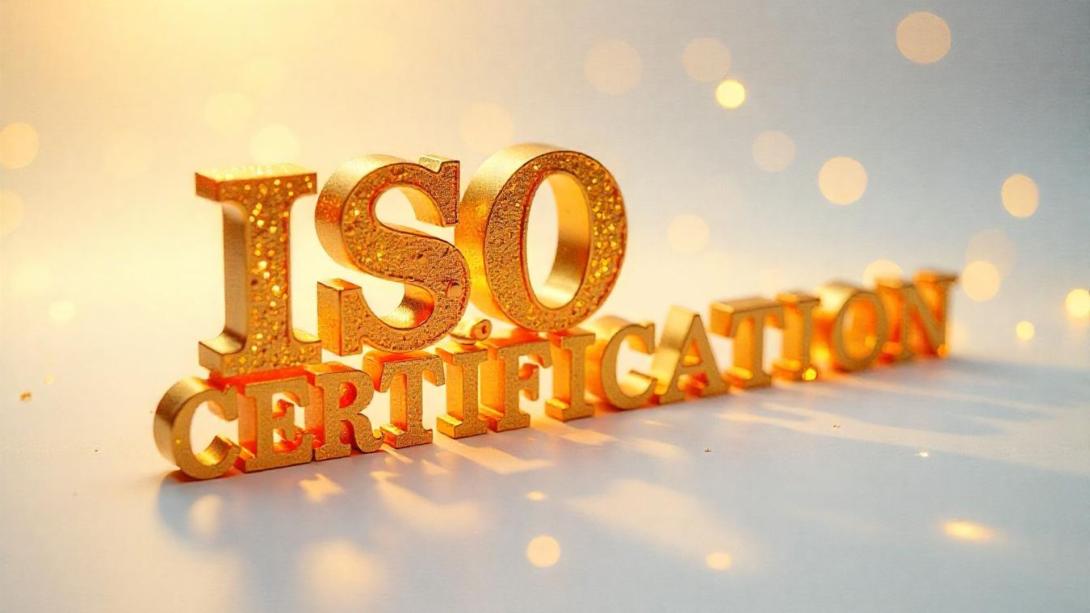
Introduction
ISO certification is a globally recognized standard that demonstrates an organization’s commitment to quality, efficiency, and continuous improvement. The International Organization for Standardization (ISO) provides a framework for businesses across various industries to implement and maintain high standards in their operations, products, and services. Achieving ISO certification is not only a sign of credibility and reliability but also offers a competitive edge in a global marketplace. Whether for quality management, environmental responsibility, or occupational health and safety, ISO certification plays a vital role in enhancing an organization’s performance.
What is ISO Certification?
ISO certification refers to the formal recognition that an organization’s management system, product, or service meets the requirements set out by the International Organization for Standardization. The standards cover a wide range of sectors, including quality management (ISO 9001), environmental management (ISO 14001), and information security (ISO 27001), among others. Certification is granted by accredited certification bodies that audit and assess a company’s adherence to the specific ISO standard. Achieving ISO certification signifies that the organization follows globally accepted best practices and is dedicated to maintaining high operational standards.
Benefits of ISO Certification
One of the key benefits of ISO certification is improved product and service quality. By adhering to standardized processes and continuous monitoring, businesses can minimize errors and defects, leading to higher customer satisfaction. ISO certification also enhances operational efficiency by streamlining procedures, reducing waste, and ensuring consistent performance. Furthermore, it improves credibility and trust with customers, suppliers, and stakeholders, demonstrating a commitment to quality and compliance. In addition, ISO certification can open doors to new markets, particularly as many global companies and governments require suppliers to be ISO certified to ensure consistent standards.
Key ISO Standards and Their Applications
There are many ISO standards that cater to different aspects of business operations. The most widely known is ISO 9001, which focuses on quality management systems (QMS) and aims to enhance customer satisfaction through continuous improvement. ISO 14001 focuses on environmental management, helping organizations reduce their environmental footprint. ISO 27001 is essential for information security management, ensuring the protection of sensitive data. Other standards, such as ISO 45001 for occupational health and safety and ISO 50001 for energy management, offer frameworks for businesses to improve performance in specific areas while meeting industry-specific needs.
Steps to Achieve ISO Certification
The process of obtaining ISO certification involves several key steps. Initially, the organization must decide which ISO standard is applicable to its operations. Next, the business must implement the necessary policies, processes, and documentation to comply with the standard’s requirements. This may involve employee training, internal audits, and risk assessments. Once the system is in place, the organization invites an accredited certification body to conduct an audit. If the company meets the necessary criteria, it will receive ISO certification. Certification is typically renewed after a specified period, with regular audits to ensure ongoing compliance.
Conclusion
ISO certification is a powerful tool for businesses seeking to improve their operational standards, enhance customer satisfaction, and demonstrate a commitment to quality and compliance. By adhering to globally recognized best practices, organizations can gain a competitive advantage, improve efficiency, and foster long-term growth. Whether aiming to improve product quality, reduce environmental impact, or safeguard information, ISO certification serves as a hallmark of reliability and excellence in the global marketplace.
